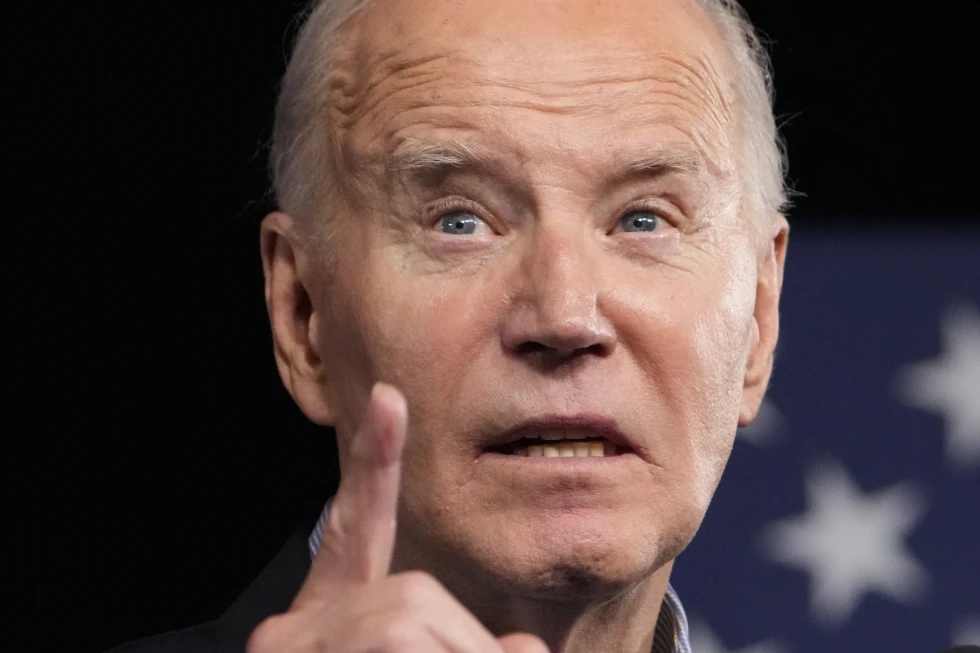
WASHINGTON— President Joe Biden is issuing a budget plan Monday aimed at getting voters’ attention: tax breaks for families, lower health care costs, smaller deficits and higher taxes on the wealthy and corporations.
Unlikely to pass the House and Senate to become law, the proposal for fiscal 2025 is an election-year blueprint about what the future could hold if Biden and enough of his fellow Democrats win in November. The president and his aides previewed parts of his budget going into last week’s State of the Union address, with plans to provide the fine print on Monday.
If the Biden budget became law, deficits could be pruned $3 trillion over a decade. Parents could get an increased child tax credit. Homebuyers could get a tax credit worth $9,600. Corporate taxes would jump upward, while billionaires would be charged a minimum tax of 25%. Biden also wants Medicare to have the ability to negotiate prices on 500 prescription drugs, which could save $200 billion over 10 years.
The president is traveling Monday to Manchester, New Hampshire, where he’ll call on Congress to apply his $2,000 cap on drug costs and $35 insulin to everyone, not just people who have Medicare. He’ll also seek to make permanent some protections in the Affordable Care Act that are set to expire next year.
All of this is a chance for Biden to try to define the race on his preferred terms, just as the all-but-certain Republican nominee, Donald Trump, wants to rally voters around his agenda.
“A fair tax code is how we invest in things that make this country great: health care, education, defense and so much more,” Biden said at Thursday’s State of the Union address, adding that his predecessor enacted a $2 trillion tax cut in 2017 that disproportionately benefited the top 1% of earners.
Trump, for his part, would like to increase tariffs and pump out gushers of oil. He called for a “second phase” of tax cuts as parts of his 2017 overhaul of the income tax code would expire after 2025. The Republican has also said he would slash government regulations. He has also pledged to pay down the national debt, though it’s unclear how without him detailing severe spending cuts.
“We’re going to do things that nobody thought was possible,” Trump said after his wins in last week’s Super Tuesday nomination contests.
House Republicans on Thursday voted their own budget resolution for the next fiscal year out of committee, saying it would trim deficits by $14 trillion over 10 years. But their measure would depend on rosy economic forecasts and sharp spending cuts, reducing $8.7 trillion in Medicare and Medicaid expenditures. Biden has pledged to stop any cuts to Medicare.
“The House’s budget blueprint reflects the values of hard-working Americans who know that in tough economic times, you don’t spend what you don’t have — our federal government must do the same,” House Speaker Mike Johnson, R-Louisiana, said in a statement.
Meanwhile, Congress is still working on a budget for the current fiscal year. On Saturday, Biden signed into law a $460 billion package to avoid a shutdown of several federal agencies, but lawmakers are only about halfway through addressing spending for this fiscal year.




